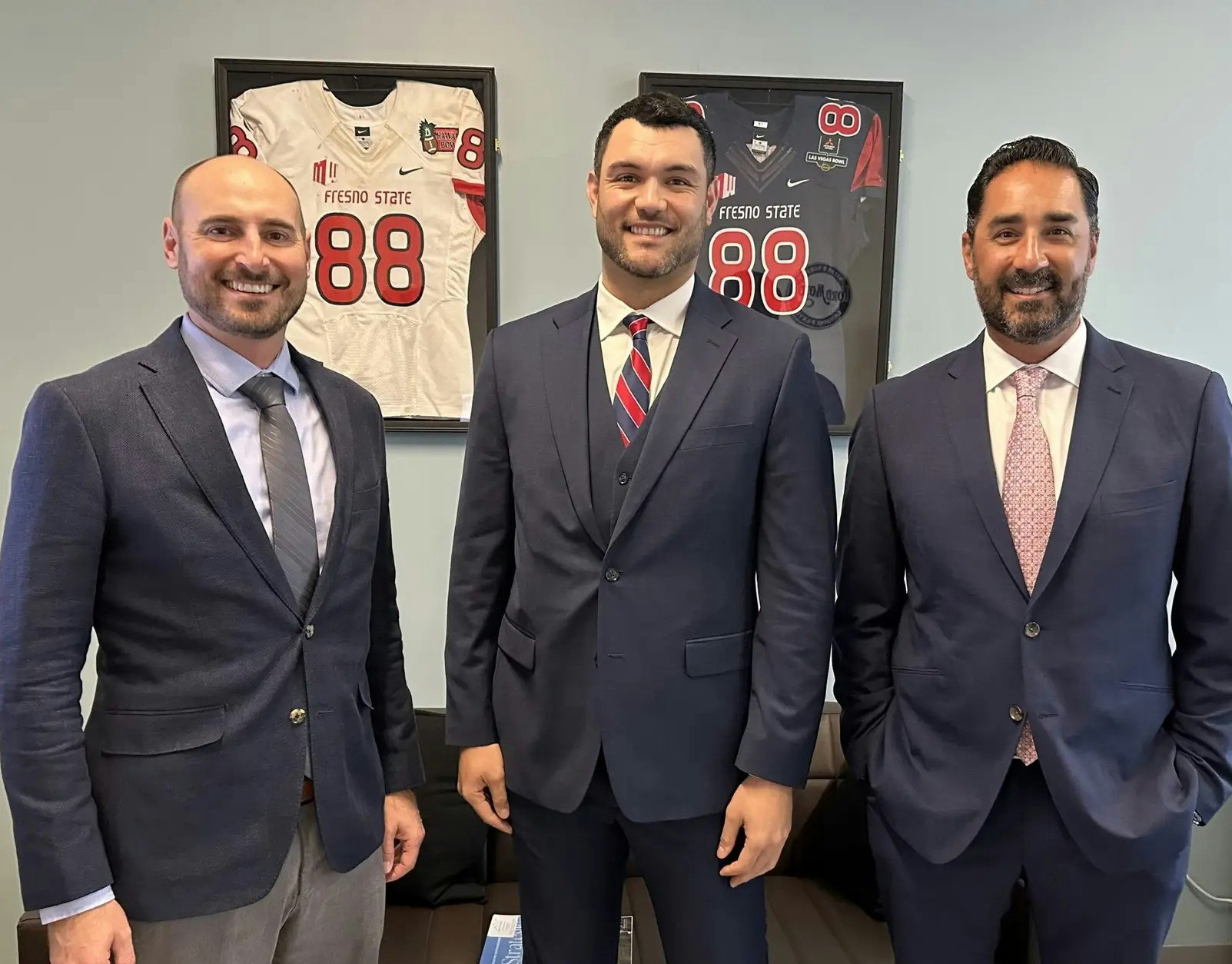Utica Board and Mountain Counties Adopt 2025 Legislative Priorities
April 4, 2025

Utica Water and Power Authority is a member of the Mountain Counties Water Resources Association (MCWRA), which is an organization promotes the statewide importance of Sierra Nevada water resources through advocacy and collaboration as the premiere advocate to influence water policy and protection in the headwaters region.
In March 2025, the MCWRA Board of Directors officially adopted its 2025 Legislative Platform (click here to view), underscoring the Association’s continued dedication to safeguarding and advancing the water interests of California’s mountain counties. Utica’s General Manager, Joel Metzger, is serving as the chair of the MCWRA Headwaters Legislative Committee this year and worked closely with the Committee to develop the 2025 Legislative Platform. The platform focuses on priorities of MCWRA, providing a strategic framework for engaging with legislative and regulatory actions that influence the region’s critical water resources. These efforts are guided by the Association’s Policy Principles, which focus on defending water rights, enhancing watershed health, and ensuring sustainable water management throughout California’s mountain counties.
Utica Board of Directors’ Legislative Advocacy
At the March 2025 Board Meeting, the Utica Board of Directors took positions on a variety of bills in the State Assembly and Senate, including:
-
SB-223: Senator Alvarado-Gil: The Wildfire Smoke and Health Outcomes Data Act (Support)
Amends the requirements for obtaining a pupil personnel services credential in child welfare and attendance by allowing candidates to complete either a traditional supervised field experience through a college or university or a commission-approved professional preparation program offered by a local educational agency. This change provides more flexibility in credentialing pathways while maintaining state standards for program quality and effectiveness. -
SB-72: Senator Caballero: The California Water Plan: Long-Term Supply Targets (Support)
Revises the California Water Code to require the Department of Water Resources to update The California Water Plan with long-term supply targets and include broader stakeholder input, including tribes, labor, and environmental justice groups. The bill mandates updates every five years, adds planning targets for 2040 and 2050, and emphasizes strategies to ensure sustainable water for urban, agricultural, and environmental needs while addressing climate change impacts. - SB-426: Senator Alvarado-Gil: California Environmental Quality Act: Defensible Space (Support)
Exempts public agency projects aimed at maintaining legally required defensible space from California Environmental Quality Act (CEQA) review. This streamlines wildfire prevention efforts by removing environmental review requirements for vegetation management around structures, with no state reimbursement required to local agencies.
- AB-66: Assembly Member Tangipa: California Environmental Quality Act: Exemption for Egress Route Projects: Fire Safety (Support)
Exempts certain egress route projects from CEQA review until January 1, 2032, if they improve emergency evacuation from subdivisions lacking secondary access and meet specific environmental and procedural conditions. The bill aims to enhance wildfire safety while requiring public input, agency consultation, and documentation of exemptions.
- AB-367: Assembly Member Bennett: Water: County of Ventura: Fire Suppression (Support)
Requires water suppliers in Ventura County serving over 20 residences in high or very high fire hazard zones to maintain a backup energy source capable of operating water systems for fire suppression during power outages. It also mandates annual inspections by the Ventura County Fire Department, emergency alerts, and post-fire reporting to ensure water infrastructure adequacy and fire readiness.
- AB-404: Assembly Member Sanchez: California Environmental Quality Act: Exemption for Prescribed Fire, Reforestation, Habitat Restoration, Thinning, and/or Fuel Reduction Projects (Support)
Extends the California Environmental Quality Act (CEQA) exemption indefinitely for certain forest management projects—such as prescribed burns, thinning, and habitat restoration—on federal lands that have already been reviewed under the federal National Environmental Policy Act. This bill also continues requirements for filing and posting exemption notices, potentially creating a state-mandated local program without requiring state reimbursement.
- AB-442: Assembly Member Hadwick: California Environmental Quality Act: Exemption for Prescribed Fire, Thinning, and Fuel Reduction Projects (Support)
Exempts prescribed fire, thinning, and fuel reduction projects from CEQA requirements if they are conducted within communities that have only a single evacuation route. This exemption aims to support wildfire risk reduction in vulnerable areas and may create a state-mandated local program, though no reimbursement is required.
- AB-687: Assembly Member Patterson: Forestry: Timber Operations: Maintenance of Timberlands for Fuel Reduction (Support)
Allows noncommercial wildfire fuels reduction projects on timberlands, funded wholly or partly by public money, to use a timber harvesting plan instead of complying with CEQA. These projects, while not considered traditional timber operations, will still be regulated as such, and the bill establishes a new crime, thereby creating a state-mandated local program without requiring reimbursement.
These proactive positions reflect the commitment of both the Utica and MCWRA to ensure the sustainable management of water resources, support for wildfire resilience, and overall environmental health across California’s mountain counties.
A Strong Voice for Water and Resilience
Utica’s general manager is working closely with Justin Caporusso, MCWRA executive director, to meet with elected officials and staff in Sacramento to advocate on behalf of the Sierra Nevada Foothills region.
“Over 60 percent of California’s developed water supply originates in the Sierra Nevada headwaters. Our 2025 Legislative Platform reflects the essential role our region plays in the state’s water resilience,” said Scott Ratterman, MCWRA President. “This platform empowers us to advocate proactively, ensuring that the unique needs and values of mountain communities are taken into account in all water-related policymaking.”
For further details, MCWRA’s 2025 Legislative Platform can be accessed here. To see as list of legislative positions taken by Utica, click here.
